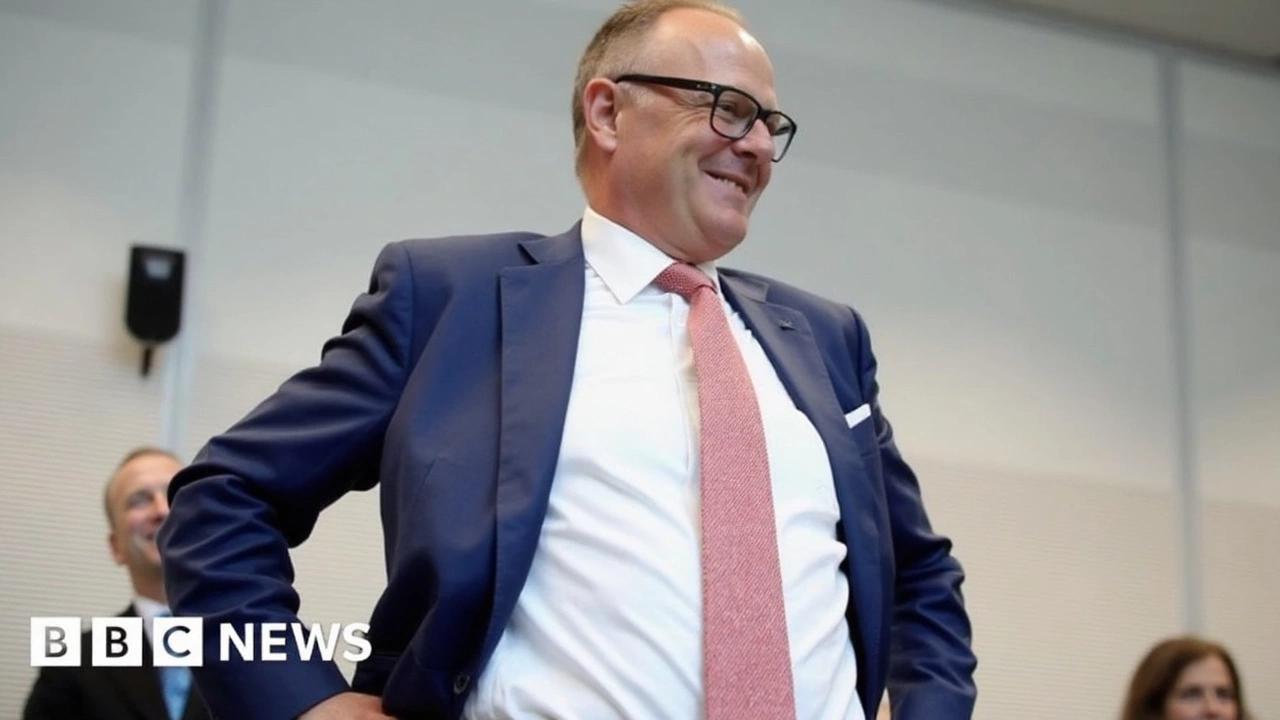CDU-CSU Wins as SPD Collapses: Germany Faces a New Political Era
The shockwaves from Germany’s February 2025 federal election aren’t just shaking Berlin—they’re rewriting the country’s political playbook. For the Social Democratic Party (SPD), the result was a nightmare: their share of the vote hit a post-war low at 16.4%, a steep slide from the 25% they managed just four years ago. The party’s losses pushed Chancellor Olaf Scholz to stand before somber supporters, accepting responsibility but stopping short of a formal resignation. It was a symbolic end for Scholz, who signaled he wouldn’t hang around for coalition talks, leaving his party leaderless and reeling.
With the CDU-CSU grabbing 28.6% of the vote, Friedrich Merz suddenly found himself both the likely new chancellor and the focus of Germany’s hopes—and anxieties. The conservative alliance now holds the most Bundestag seats, which means coalition math is back on the table. For those still counting, the CDU-CSU and SPD together tally up a safe majority with 328 seats. Yet, the mood is far from triumphant. The SPD, burned by its recent losses and leadership vacuum, made it clear Scholz wants no part in propping up a ‘grand coalition’ redux, a move that stirs uncomfortable echoes of the Merkel years but without the broad consensus that once held German politics together.
The AfD Surge and a Fractured Landscape
If the usual political dramas weren’t enough, the far-right Alternative for Germany (AfD) just threw a grenade into the scene. They doubled their vote share, now sitting at a stunning 20.8%, vaulting into the Bundestag as the second-largest party. This spike isn’t just about angry voters—it’s about a brewing sense of mistrust, economic stress, and a backlash against mainstream politics that no party can ignore. Merz will now have to steer Germany through a climate where fringe voices are growing louder and the old rules suddenly look outdated.
Scholz didn’t just face angry voters. His chancellorship unraveled under economic pain: Germany barely skirted another recession, inflation bit into wages, and delays in military aid to Ukraine soured foreign relations. On top of that, legal wrangling over constitutional debt limits brought thousands out onto the streets, highlighting how unpopular spending controls became with parts of the public. Things truly fell apart in November 2024, when Scholz fired Finance Minister Christian Lindner, cratering confidence and forcing an early election call.
The new government Merz is expected to build faces a daunting task. The CDU-CSU want to assure business leaders that they can repair a lukewarm economy, while also rebuilding trust in a political center that just took a beating. But there’s no illusion: Merkel-era steady hands are gone. Now it’s about crisis management, coalition headaches, and figuring out how to keep Germany together when voters seem more divided than ever. For Merz, the path forward will be anything but smooth. The political ground under Germany is shifting, and nobody knows where it will settle.
